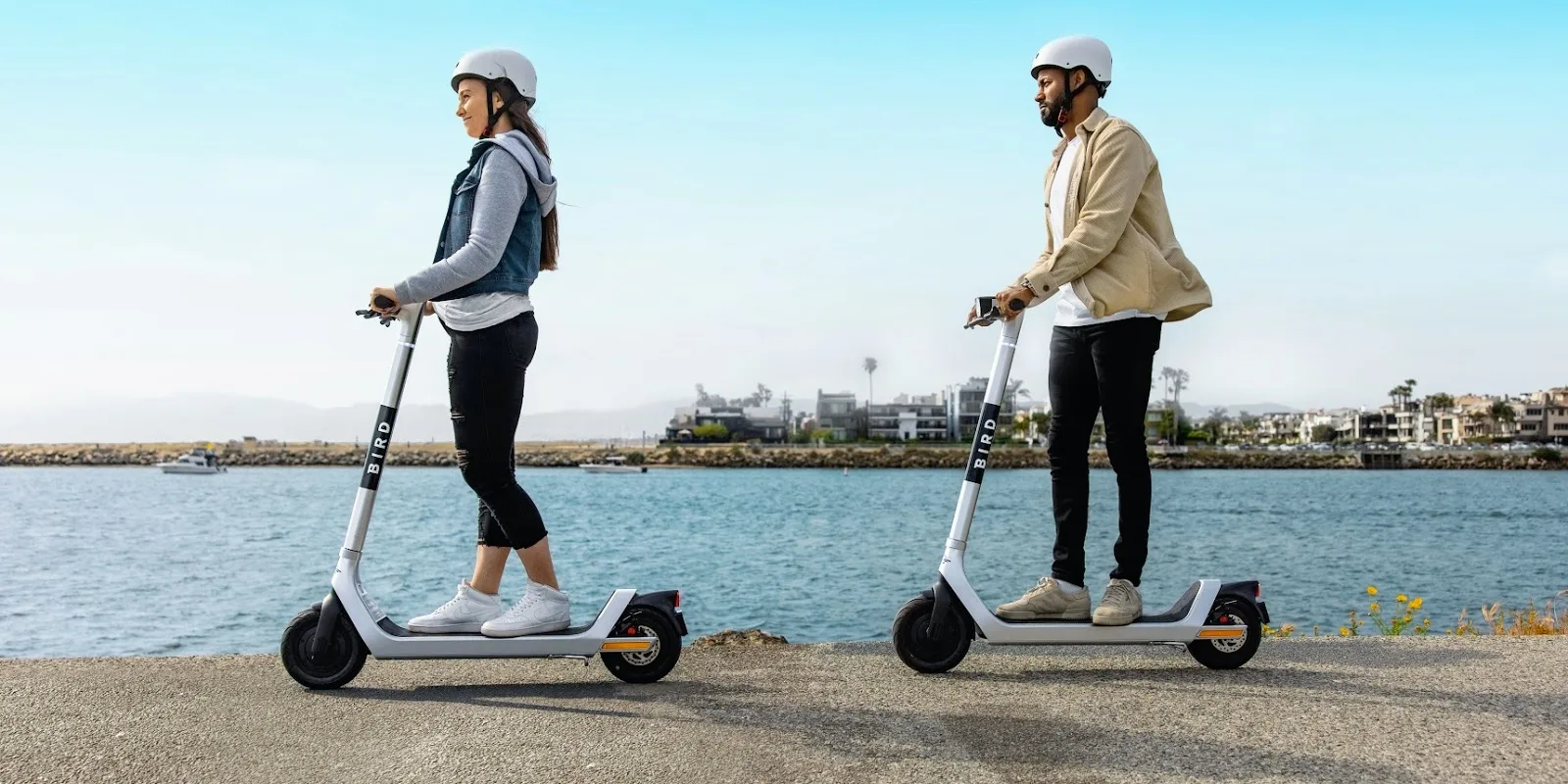
Electric scooter company Bird has taken a significant step by filing for Chapter 11 bankruptcy protection, marking the conclusion of a challenging year for the once-celebrated micromobility venture. The company revealed that it is entering a financial restructuring process aimed at fortifying its balance sheet, with a focus on achieving long-term, sustainable growth. Bird emphasized that its operations will continue without interruption as it strives for profitability.
Interim CEO Michael Washinushi expressed the company’s commitment to its mission of making cities more livable by leveraging micromobility to reduce car usage, traffic congestion, and carbon emissions. However, a spokesperson refrained from providing additional comments beyond the official press release.
The past year has been notably tough for Bird, known for offering electric scooters for rent in urban environments. In September, Bird faced delisting from the New York Stock Exchange due to its failure to maintain a market capitalization above $15 million for 30 consecutive days. Consequently, the company’s shares transitioned to the over-the-counter exchange, where trades occur through a broker-dealer network rather than a centralized exchange.
The bankruptcy announcement comes amidst a turbulent period for Bird, marked by the departure of its founder and former CEO, Travis VanderZanden, in June. Three months after VanderZanden’s exit, Bird acquired rival Spin for $19 million, followed by a series of layoffs aimed at streamlining operations.
Once considered a trendy and lucrative venture, electric scooter rentals experienced substantial investment from various startups. Bird, in particular, quickly ascended to a $1 billion “unicorn” valuation, securing hundreds of millions of dollars from venture capitalists. By 2019, the company achieved a valuation of $2.5 billion, just two years after its launch. Despite going public in 2021, Bird has struggled to attain profitability and witnessed a significant erosion of its market value.




